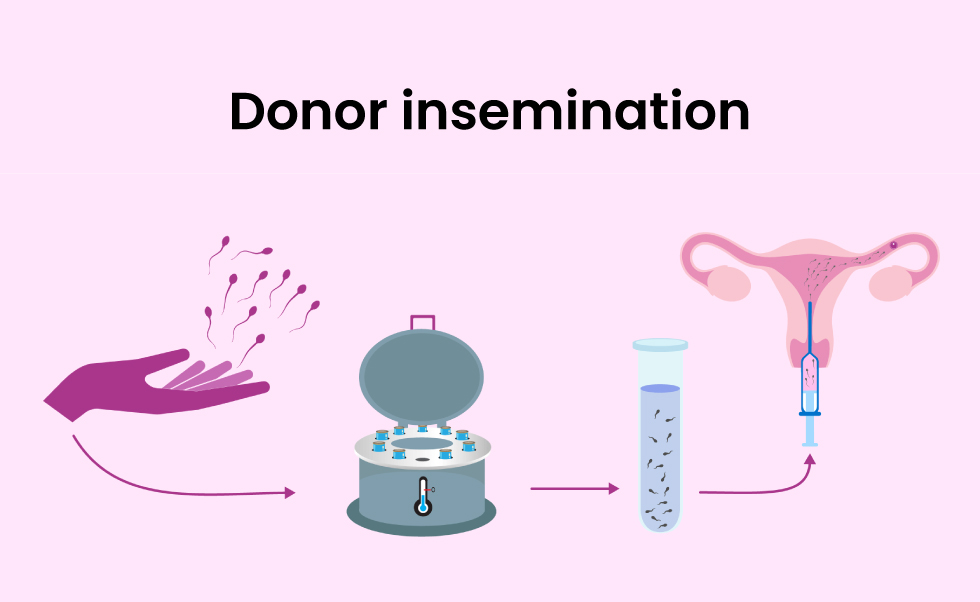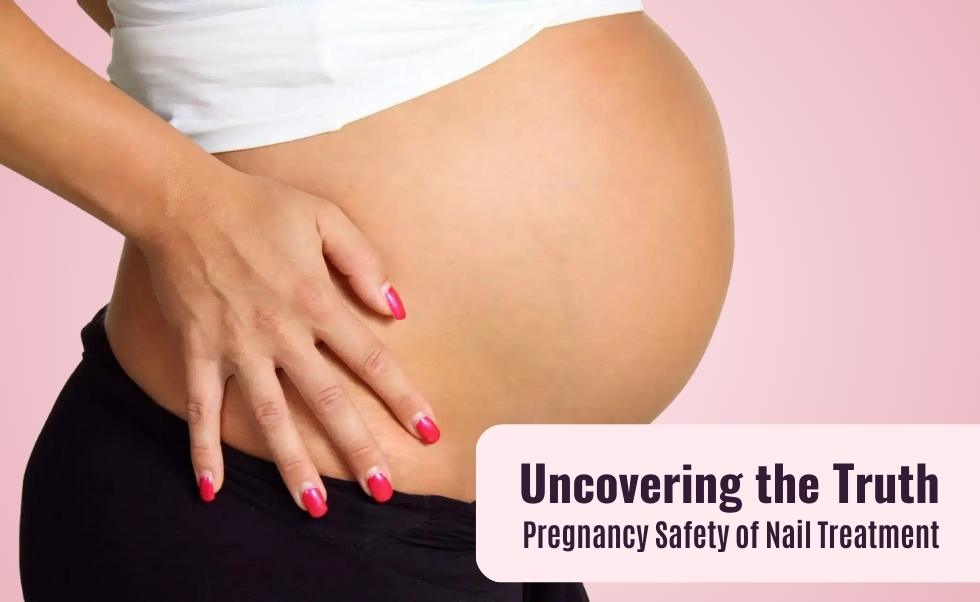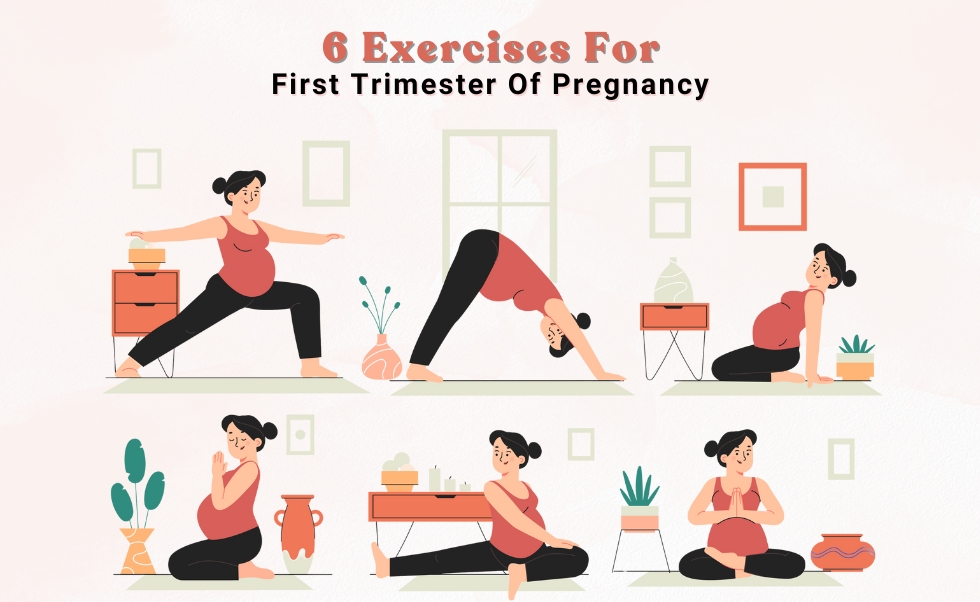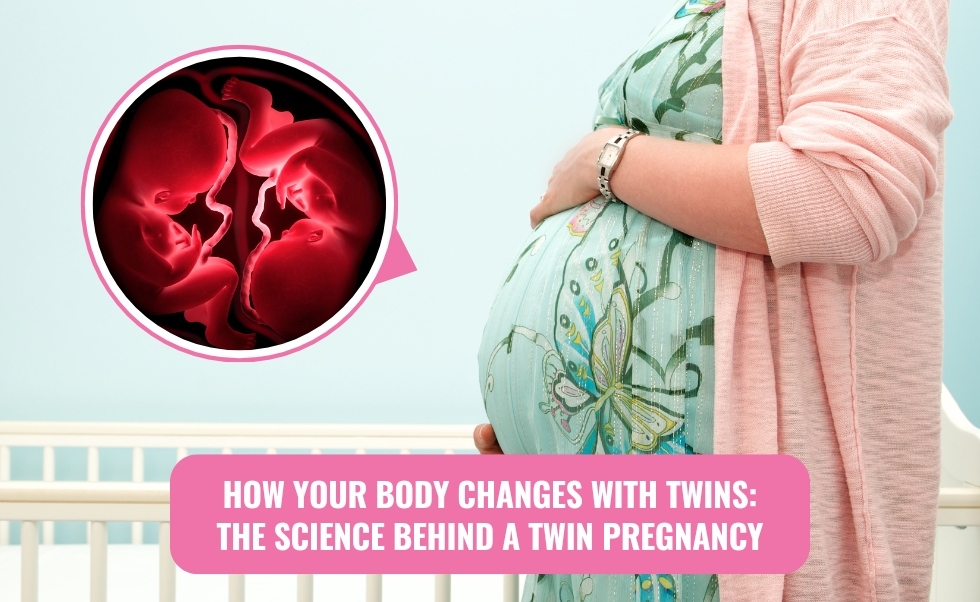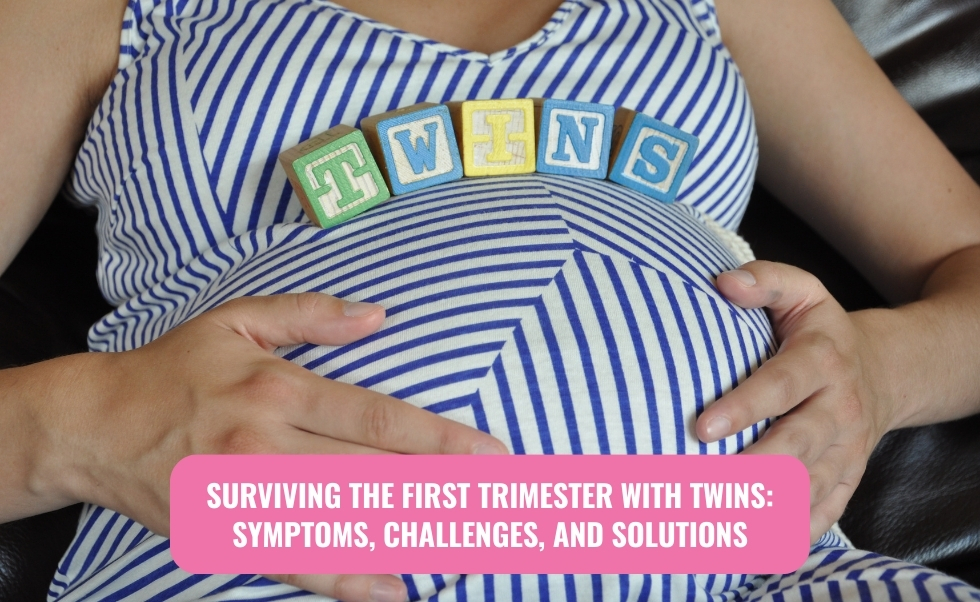Everyone dreams of conceiving naturally and having a straightforward path, but the road may require additional support from others. One such option that has become increasingly accessible is Donor Insemination (DI). Whether you’re just beginning to explore this option or are deep into the decision-making process, let us dive through to learn more
Is Donor Insemination (DI) an Option for Me?
Donor Insemination is a procedure that involves the introduction of donor sperm into a woman’s reproductive system to achieve pregnancy. This option is generally considered for couples where the male partner has low sperm count, poor sperm motility, or other fertility issues that prevent natural conception. Additionally, single women or lesbian couples who wish to conceive may also consider DI.
For couples who have tried other fertility treatments without success, DI might be a viable alternative. It’s essential to consult a fertility specialist to understand if this option suits your specific circumstances, considering your medical history, age, and overall reproductive health.
How Do I Begin DI?
The first step towards DI is to seek guidance from a fertility clinic specializing in this procedure. After an initial consultation, your healthcare provider will conduct a series of tests to evaluate your reproductive health. This might include blood tests, ultrasounds, and a thorough medical history review.
Once you and your partner are deemed suitable candidates for DI, the clinic will discuss the process, including selecting a sperm donor and understanding the legal and ethical aspects involved. Psychological counseling may also be offered to help you and your partner navigate the emotional implications of using donor sperm.
How Can I Find a Donor, and What Are the Legal Implications of DI?

Selecting a sperm donor is a crucial step in the DI process. Donors can be anonymous or known, depending on your preference and the regulations governing DI in your area. In many cases, sperm donors are selected through a sperm bank, where donors are screened for genetic disorders, infectious diseases, and other health concerns.
The legal implications of DI vary depending on local laws and regulations. In India, sperm donation is regulated to ensure ethical practices and the rights of all parties involved. The donor usually relinquishes all parental rights, and the intended parents are recognized as the child’s legal guardians. Working closely with your fertility clinic and legal counsel is important to ensure that all legal requirements are met before proceeding with DI.
How is DI Carried Out?
DI is a relatively simple and minimally invasive procedure. The process typically begins with the woman undergoing ovulation induction to ensure the timing of insemination aligns with her ovulation cycle. This might involve the use of medications to stimulate ovulation.
Once ovulation is confirmed, the donor sperm is prepared and introduced into the woman’s uterus or cervix using a thin catheter. The procedure is usually painless and takes only a few minutes. After insemination, the woman may be advised to rest briefly before resuming normal activities.
How Long Does DI Treatment Take?
The duration of DI treatment can vary depending on several factors, including the woman’s age, reproductive health, and how her body responds to the procedure. On average, couples may undergo several cycles of DI before achieving pregnancy.
If pregnancy does not occur after a few cycles, your fertility specialist may recommend additional tests or alternative treatments. Patience and persistence are key, as the success of DI can depend on various factors that may not be immediately within your control.
What Are the Success Rates of DI?
The success rate of DI can vary, but it generally ranges between 10% to 20% per cycle, depending on the woman’s age and reproductive health. Younger women and those with no underlying fertility issues tend to have higher success rates.
It’s important to approach DI with realistic expectations, understanding that it may take multiple cycles to achieve pregnancy. The emotional journey can be challenging, but many couples succeed through DI with the right support and guidance.
What Are the Advantages of DI?
Donor Insemination offers several advantages, particularly for couples or individuals facing infertility challenges. Some of the key benefits include:
- Accessibility: DI is a less invasive and more affordable option compared to other fertility treatments like IVF.
- Control Over Timing: DI allows for precise timing of insemination to coincide with ovulation, increasing the chances of conception.
- Options for Single Women and Same-Sex Couples: DI provides a path to parenthood for those who may not have access to sperm through a male partner.
- Genetic Screening: Donor sperm is typically screened for genetic conditions, reducing the risk of passing on hereditary diseases.
What Are the Disadvantages of DI?
While DI offers many benefits, it also comes with potential drawbacks:
- Emotional Impact: The decision to use donor sperm can be emotionally complex for both partners, particularly regarding the absence of a genetic connection to the child for the male partner.
- Legal and Ethical Considerations: Navigating the legal landscape of DI can be challenging, particularly regarding donor anonymity and parental rights.
- Success Rates: The success rates of DI are lower compared to other fertility treatments, and multiple cycles may be necessary.
Donor Insemination is a powerful option for couples and individuals on the journey to parenthood, offering hope and the possibility of conceiving when other methods may have failed. While the process involves careful consideration of legal, ethical, and emotional factors, many find the experience to be a fulfilling step toward building their families. If you’re considering DI, working closely with a trusted fertility specialist and seeking support from loved ones can make this journey a positive and successful one.

